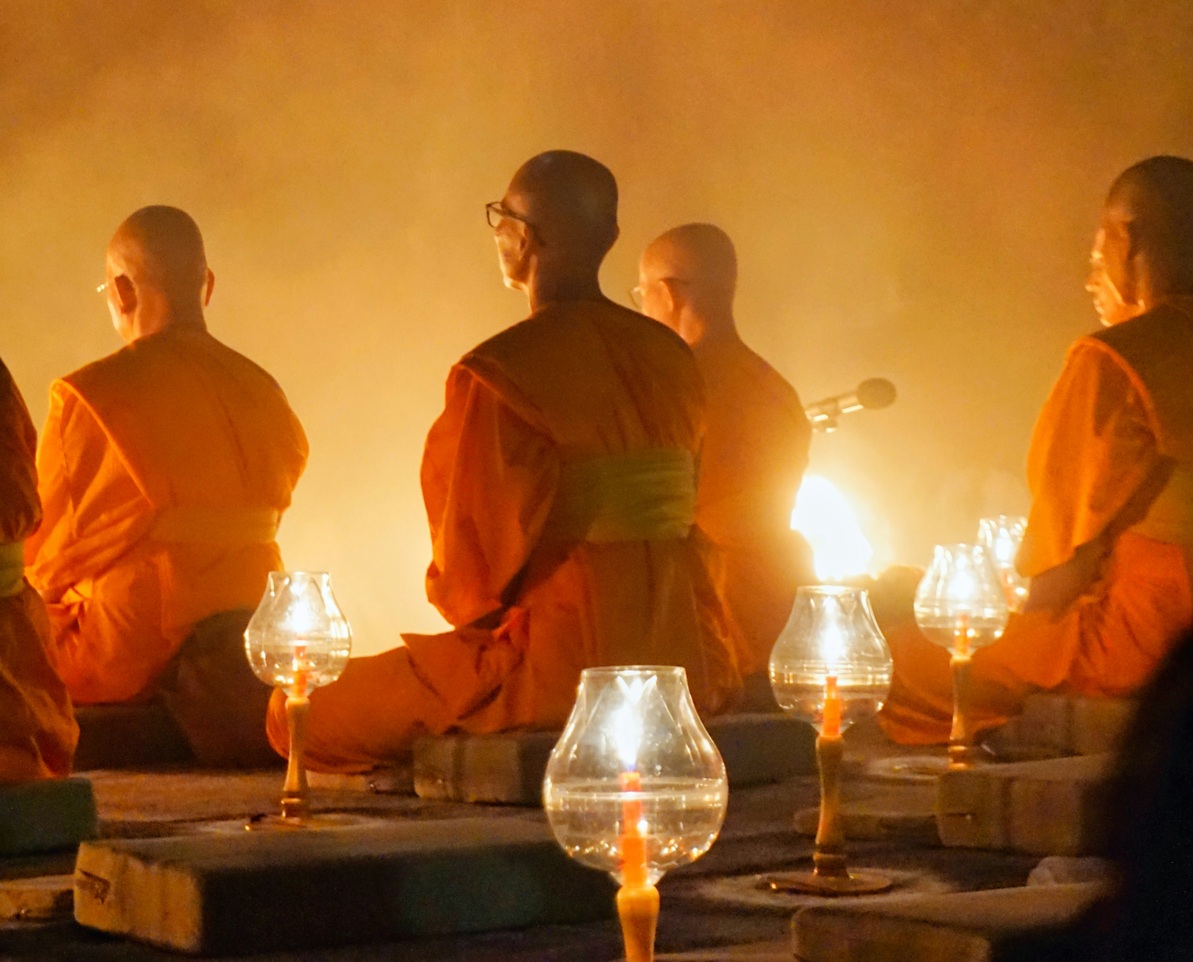The Holy See to Buddhists for Vesak: “Liberation for a Better World”
The Vatican Dicastery for Interreligious Dialogue has issued a message of goodwill to Buddhist faithful around the world on the occasion of Vesak, the celebration that commemorates key events in the life of the Buddha. “In our time, marked by division, conflict and suffering, we recognise the urgent need not to remain with words alone, but to translate them into concrete actions for peace, justice, and the dignity of all.”
Vatican City (AsiaNews) – On Monday, 12 May, the Buddhist world celebrated Vesak, the festival that marks the birth, enlightenment and passing of the Buddha. As is customary, the Vatican Dicastery for Interreligious Dialogue has sent a message of greetings to Buddhists worldwide. The message is titled “Christians and Buddhists in Liberating Dialogue or Our Time”. It is signed by Cardinal Prefect George Jacob Koovakad and the Dicastery’s Secretary, Monsignor Indunil Janakaratne Kodithuwakku Kankanamalage. Like all other heads of Vatican departments, they have been provisionally confirmed in their roles by Pope Leo XIV with the formula “donec aliter provideatur”—meaning until other provisions are made, pending further decisions from the Pope expected in the coming months.
The message links Vesak greetings to the special time of grace being experienced by Catholics around the world through the Jubilee Year, as well as to the 60th anniversary of Nostra Aetate, the Second Vatican Council's declaration on the Church’s relationship with non-Christian religions. The message recalls how Nostra Aetate refers to Buddhism as a tradition that, in its various schools, “recognises the radical insufficiency of this changeable world and teaches a path by which people, with devout and trusting hearts, may attain either perfect liberation or supreme enlightenment through their own efforts or with the help of divine grace” (Nostra Aetate, 2).
The Dicastery writes to Buddhists, “for you, the Buddhist path to liberation involves transcending ignorance, craving, and suffering through insight, ethical conduct, and mental discipline. The journey towards Nibbana – the ultimate freedom from the cycle of birth, death, and rebirth – highlights the transformative power of wisdom and compassion. This aspiration for true liberation,” Cardinals Koovakad and Monsignor Kodithuwakku Kankanamalage continue, “finds a deep resonance in our shared quest for truth and fullness of life, aligning with the teachings of our respective traditions.”
The message draws a parallel between the Buddha’s teaching in the Dhammapada – that “one who is free from craving and attachment, who comprehends the true meaning of the teaching and rightly discerns the sequence of the sacred texts, becomes a profound sage, a great man” (Chapter 24, verse 352) – and the words of Jesus in the Gospel of John: “You will know the truth, and the truth will set you free” (John 8:32).
“In our time, marked by division, conflict and suffering,” the message reads, “we recognise the urgent need for a liberating dialogue, one that does not remain in words alone, but is able to translate them into concrete actions for peace, justice, and the dignity of all. The longing for fraternity and genuine dialogue, so eloquently expressed in Nostra Aetate,” the Vatican Dicastery for Interreligious Dialogue concludes, “urges us to strive for unity and love among all peoples and nations, inviting us to build on our common ground, to value our differences, and to draw mutual enrichment from our diverse traditions.”
24/10/2019 17:56
07/02/2019 17:28







.png)










